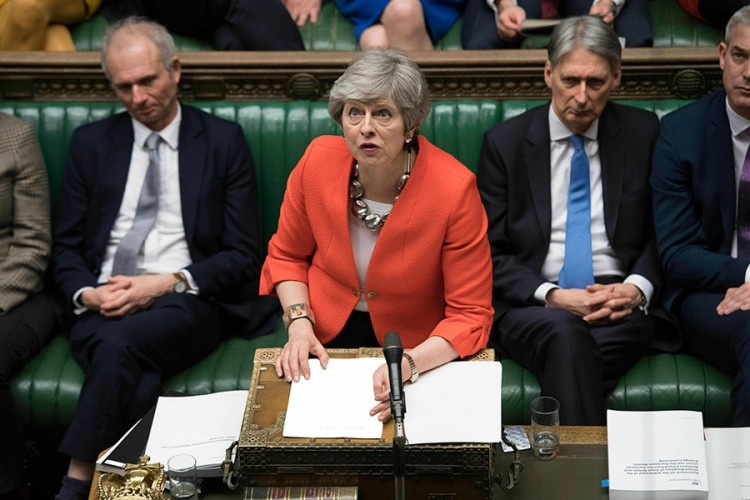The British parliament is set to vote on Prime Minister Theresa May’s EU withdrawal agreement once again on Friday, the day Britain was originally set to leave the bloc.
The third vote on May’s unpopular deal with Brussels was allowed after John Bercow, speaker of the House of Commons, decided that the motion was “new and substantially different” from the previous two, which were overwhelmingly rejected.
Bercow had warned that he might not allow another vote, citing a 415-year-old rule that dictates that matters cannot be put to lawmakers more than once in a parliamentary session.
The plan is now to divide voting on the exit plan into two, with Friday’s vote, scheduled for around 2:30 pm (1330 GMT), concerning only the withdrawal agreement and not an accompanying political declaration designed to set out future relations.
EU leaders have agreed to extend Brexit until May 22, provided the withdrawal agreement is approved by parliament this week.
If it is not approved, they agreed to an extension until April 12, requiring London to “indicate a way forward” before then.
May this week offered to resign if lawmakers backed her deal, to allow a new leader to take charge of negotiations on the country’s future relationship with the EU.
But the opposition Labour party has said it will vote against the deal, as has the Northern Irish Democratic Unionist Party that props up May’s minority conservative government.
A delay beyond May 22 would mean that Britain must take part in European parliamentary elections later that month.





Comments are closed for this post.